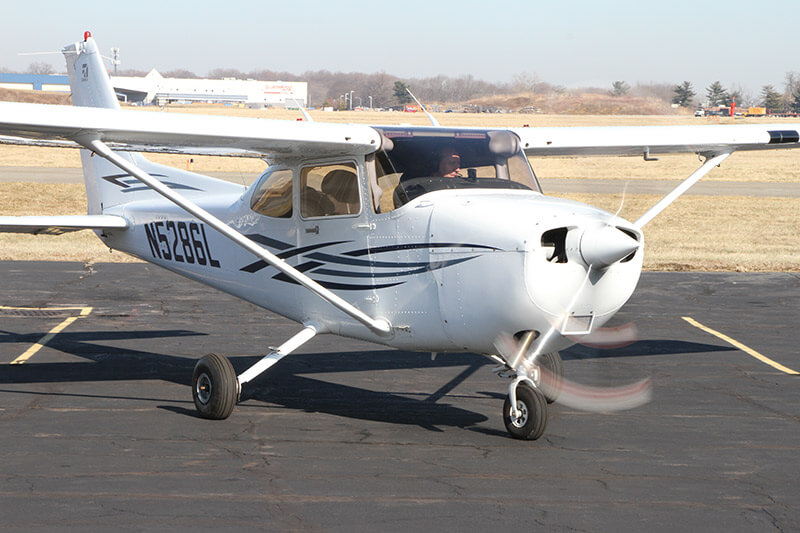Northeast Philadelphia Airport
9800 Ashton Rd
Philadelphia, PA 19114
Flying Lessons in Philadelphia
Phone: 215-677-1240
Email: info@flytailwinds.com

Northeast Philadelphia Airport
9800 Ashton Rd
Philadelphia, PA 19114
Flying Lessons in Philadelphia
Phone: 215-677-1240
Email: info@flytailwinds.com
If you’re going to be a pilot, you need “permission” to fly. The FAA grants and regulates that permissioning process. In all, there are 3 types of permissions available to pilots:
You must have an Airman’s Certificate (more commonly known as a Pilot’s License) to fly an airplane. There are seven types of Airman’s Certificates (from least to most advanced)
When you begin flying – and if you are at least 16 years old – you can obtain a Student Pilot Certificate. It does not, by itself, give you permission to fly. But, coupled with a medical certificate and the appropriate endorsements from your Instructor, it can give you permission to fly solo (by yourself) as part of your Private pilot training.
Ratings attach to your Pilot Certificate and allow the pilot additional privileges. Popular ratings are the Instrument Rating, Multi Engine Rating and Seaplane Rating. These can attach to Private Pilot Certificate or more advanced certificate.
The instrument Rating allows a pilot to fly in the clouds with reduced visibility, relying solely on instruments. The Multi-Engine Rating allows a pilot to fly an airplane with more than one engine. If you want to fly an airplane on floats that can take off and land on water, you’ll need a Seaplane Rating.
Like a Certificate, all ratings require a practical test, which is given by an FAA Examiner, or a DPE. However, not all ratings require a Knowledge test.
Type ratings (Ratings for a specific Type of aircraft) are required for all aircraft that weigh more than 12,500 pounds or are powered by a turbojet.
Endorsements are given by instructors. They indicate that the pilot has certain proficiencies that do not require a Certificate or Rating. As a Student Pilot, you’ll get many endorsements from your instructor providing limited permission. The “solo” endorsement may be the most well-known. It allows a student to fly solo, which is required as part of private pilot training.
Other Endorsements are enumerated in FAR 61.31, and include:
A Flight Review Endorsement is required for all pilots every 24 months (there are a few exceptions). The regulation can be found in FAR 61.56.

Tailwinds offers a unique approach and reliable information, that you can use to make informed decisions about pilot training.
Northeast Philadelphia Airport
9800 Ashton Rd
Philadelphia, PA 19114
Phone: 215-677-1240
Email: info@flytailwinds.com
Are you ready to take the next step. Let’s connect to talk about your flight training goals and how Tailwinds Flight School can provide you the ultimate flight training.